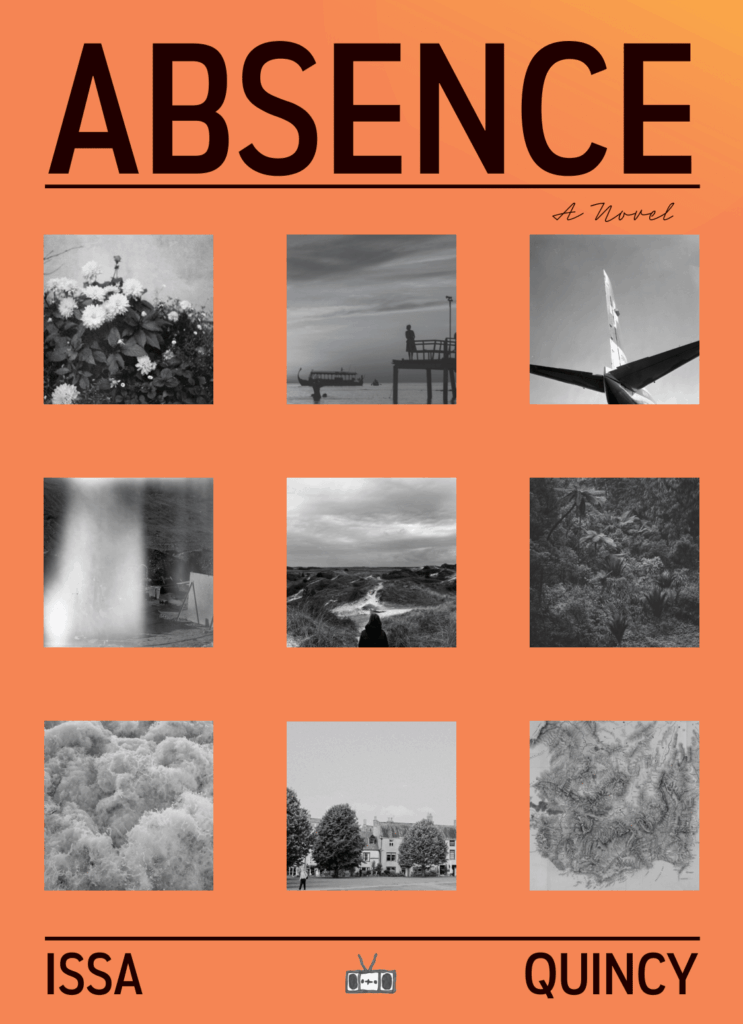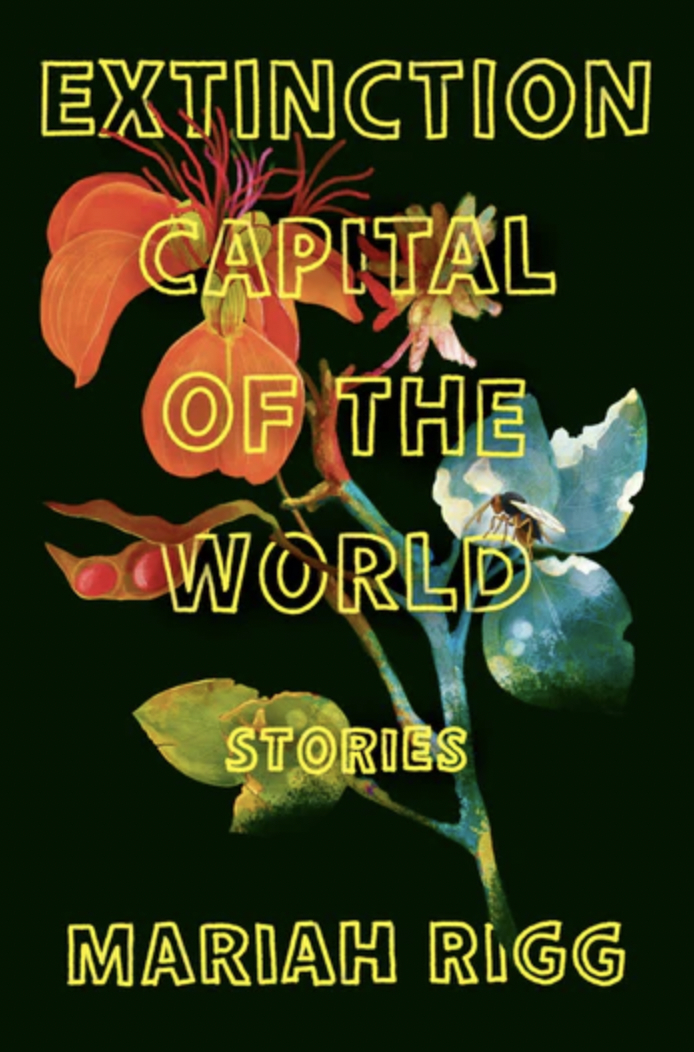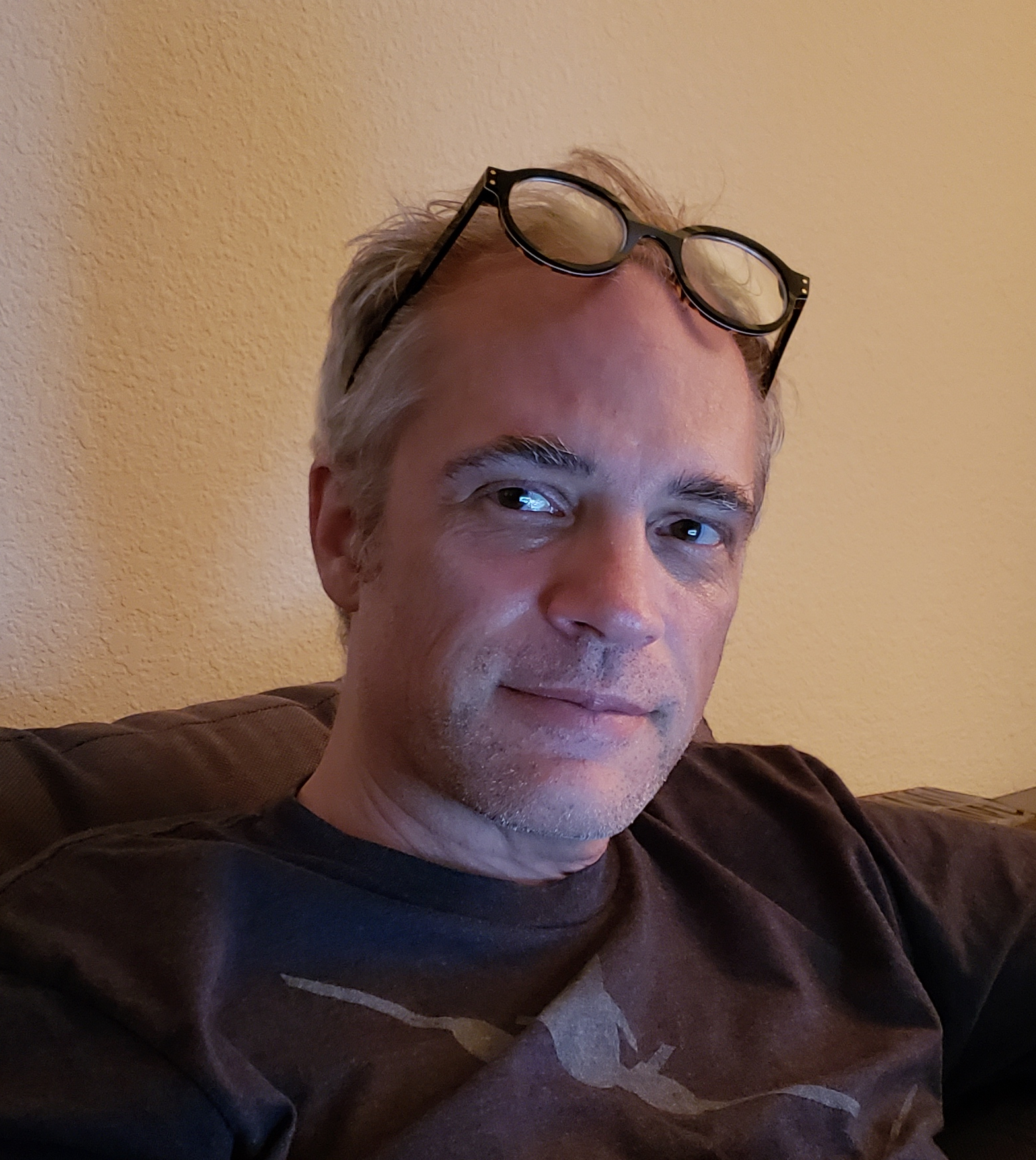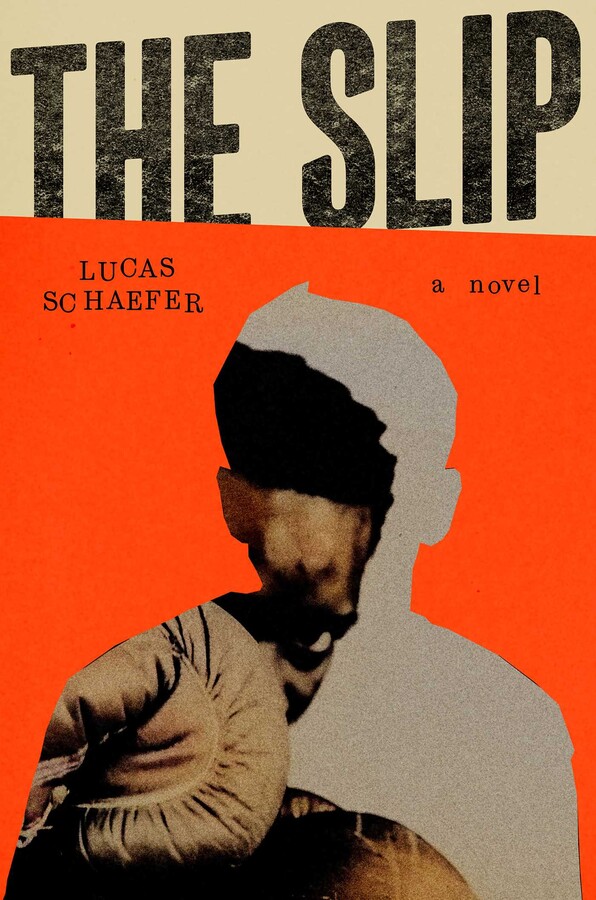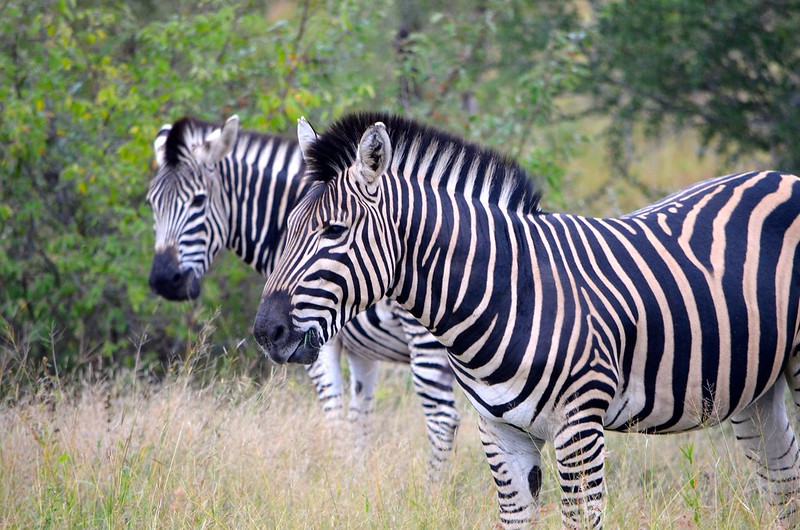Translated from the Spanish by JACK ROCKWELL
Piece appears below in English and the original Spanish.
Translator’s Note
Translating several of Bellolio’s stories, but especially this one, I’ve found that the hardest part has been the beginning. By the time the text hits its stride, somewhere in the second or third pages, it has swept me along with it, and it feels almost effortless—nearly as much so as Bellolio’s painstaking craft makes her own writing seem—to bob and weave with her sentences, to bunch up and then uncoil with the tense spools of her thought. But once I wrap back around to the beginning, I read the first few sentences I’ve translated and am shocked to find what feels like a jerky, uneven mess.
Bellolio rigorously calibrates the motions of her prose, and the elegance of her language applies some serious heft to the felt necessity of her narrator’s thought. This thought, and the careful patterning that structures it, are absolutely essential to this digressive, contemplative story. In the first long paragraph of “River Landscape,” a compassionate investigation of the interior life of a murderer fleeing his crime, a series of repetitions in the text mimics the destructive return of his victim’s face to his mind’s eye. While these repetitions spread out as the story progresses, in the beginning they are stacked thickly on top of one another. Finding the right rock and sway to carry the reader through this dense opening passage took some obsessive tinkering. I’m still not completely satisfied with it, but it’ll have to do for now. There was much going back and forth between alternatives, and much friendly (and incredibly patient) advice given by friends and colleagues, such as Jan Steyn, Emily Graham, Miharu Yano, and Dabin Jeong. I’m very grateful to all of them, and especially to Dabin, who introduced me to Bellolio’s work.
—Jack Rockwell



